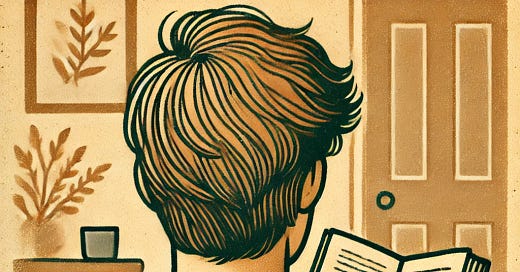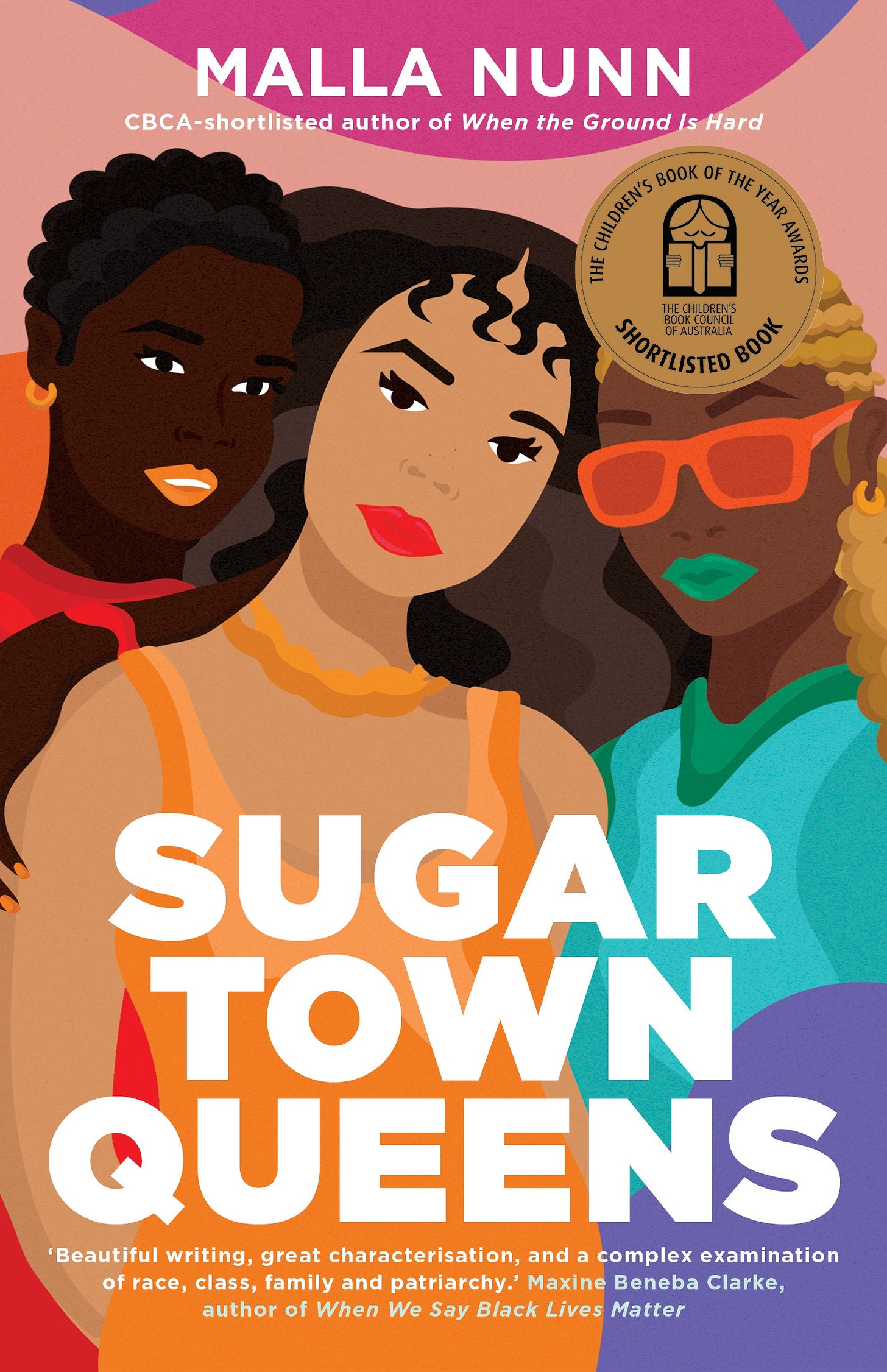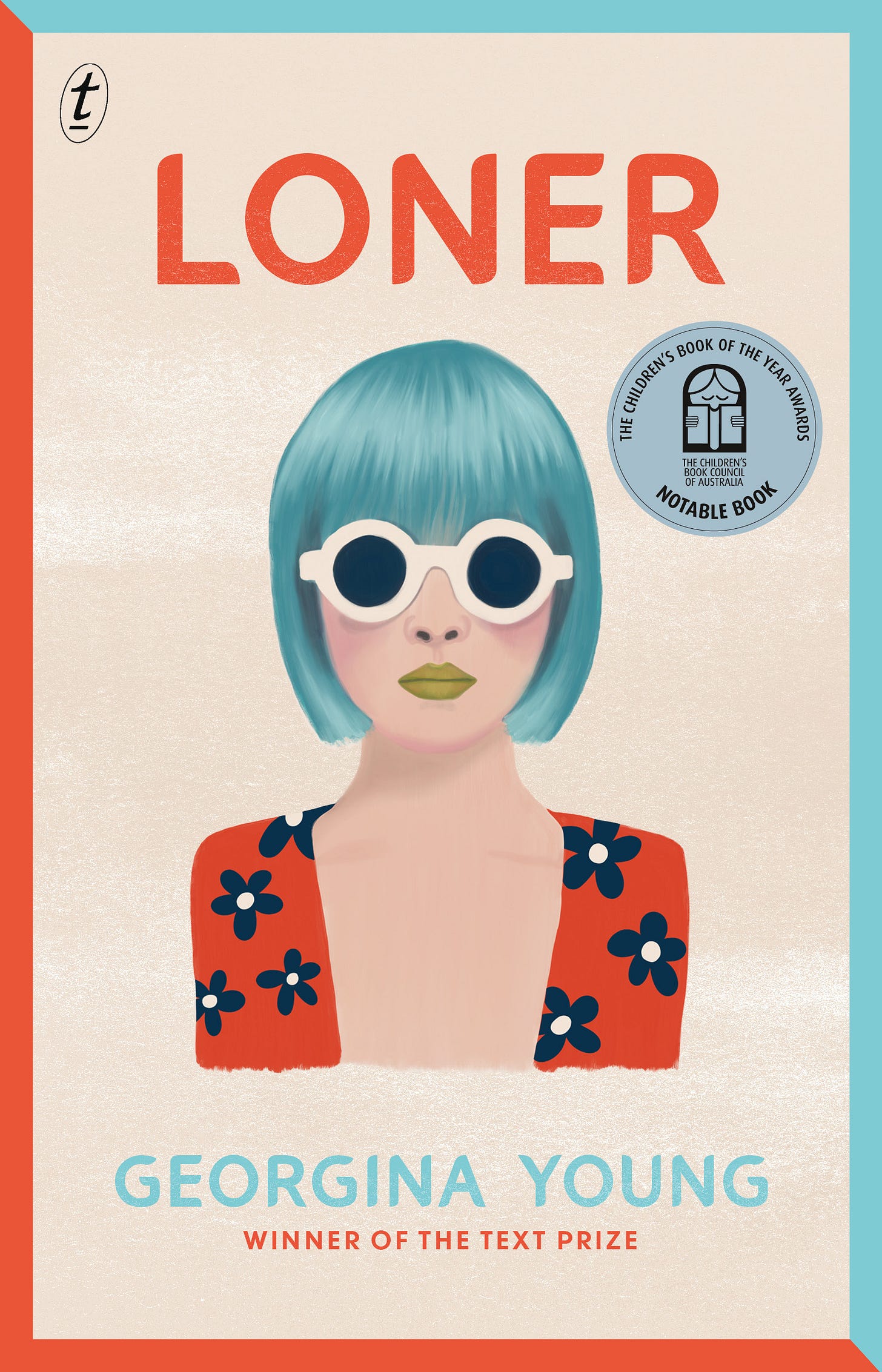AI underestimates (Australian) young adult fiction
I asked ChatGPT what was missing from young adult literature. And then I tried to prove it wrong.
This week, while mucking around with AI (as we all do sometimes?) I decided to ask ChatGPT which topics it thought were missing from contemporary young adult fiction.
At first, I thought the results were pretty good. I assumed there would be certain themes lacking in mainstream publishing, and what came up seemed to make sense. Mental illness and neurodivergence without the crisis, or even the diagnosis, certain experiences in more rural settings, activism, intersectionality, and technology.
But then I sat with it for a beat longer, and realised that I didn’t specify ‘Australian’ young adult fiction. I soon found myself thinking that actually, there were already some great local books that went a way to filling these ‘gaps’.
Isn’t that a great thought? We are so fortunate to have such diverse, engaging young adult fiction coming out all the time in this country.
That’s not to say we can’t keep doing better. We always need new voices, more diverse voices, and those that speak to young people in a frank, assuring, and eye-opening way. Let’s keep giving our teenagers original and brilliant books to choose from.
But let’s also not forget the great stuff that already exists. Below is the list that ChatGPT generated for me, and at least one recommendation of an Australian young adult book that I think fits each description. Please let me know if you think of more! I bet they’re out there!
Unconventional Family Structures: While YA has explored diverse family dynamics, there’s potential for more focus on families that don’t fit traditional structures, such as multi-generational living, complex stepfamily situations, or unconventional custody arrangements.
The Boy Who Steals Houses by CG Drews is a good one for this category. The ‘‘unconventional family structure’ includes a homeless young boy and his autistic brother who survive by breaking into abandoned houses while their owners are away. That is, until one family comes home, and ends up taking them under their wing. This is powerful, reassuring writing that shows how heart-breaking and heart-warming different family situations can be. Some others that I think delve into more complicated families include Sugar Town Queens by Malla Nunn, The First Third by Will Kostakis, Metal Fish, Falling Snow by Cath Moore, and One Hundred Days by Alice Pung. It’s a little bit older now but I’d also throw Six Impossible Things by Fiona Wood as an enduring story about messy families.
Mental Health Journeys: Although mental health is widely discussed in YA fiction, more nuanced portrayals of ongoing mental health management, particularly for conditions like bipolar disorder or borderline personality disorder, could offer a different kind of representation.
I think Beautiful Mess by Clare Christian does a lot of heavy-lifting here, alongside How It Feels to Float by Helena Fox. They are two spectacular takes on teen mental health, expertly written and perfect for opening conversations on mental illness that need to be had. I’d add The Surprising Power of a Good Dumpling by Wai Chim (parent mental health), Blind Spot by Robyn Dennison, The Greatest Thing by Sarah Winifred Searle (graphic novel), I’m Not Really Here by Gary Lonesborough, and A Song Only I Can Hear by Barry Jonsberg to this list, but I feel certain there would be many more to add here. Please include yours below!
Life After High School: YA often focuses on the experience of high school or transitioning to college. However, there is a lack of representation for teens who don’t follow the traditional path, such as those choosing apprenticeships, entering the workforce directly, or engaging in gap years or traveling.
There are a couple of great options that I can think of here, and I feel confident there are more, too. I think this is a really important moment to capture in young adult literature—a time in a young person’s life when they may feel ushered into certain choices that don’t quite fit. Some books that I think show a more alternative path after high school include Loner by Georgina Young, Untidy Towns by Kate O’Donnell, Please Don’t Hug Me by Kay Kerr, The Secret Science of Magic by Melissa Keil, and How to Grow a Family Tree by Eliza Henry-Jones.
It’s maybe less unconventional, but I also think Nina Kenwood is just brilliant at capturing this end of high school/start of university era in both It Sounded Better in My Head and Unnecessary Drama.
Grief and Loss Over Time: While many YA books tackle the immediate effects of grief, few explore the ongoing process and evolution of grief over a long period of time, such as losing a sibling or a parent and experiencing how grief may change as the protagonist matures.
Keep reading with a 7-day free trial
Subscribe to I Read A Lot to keep reading this post and get 7 days of free access to the full post archives.






